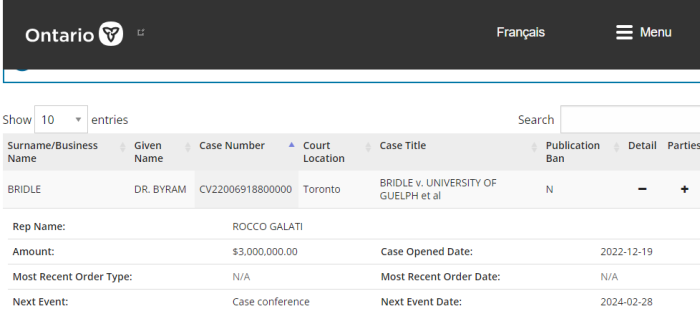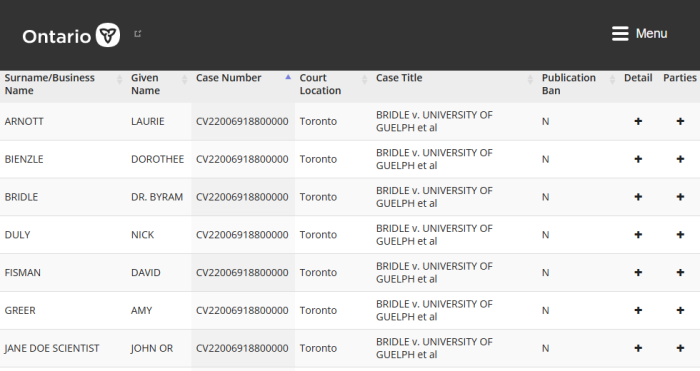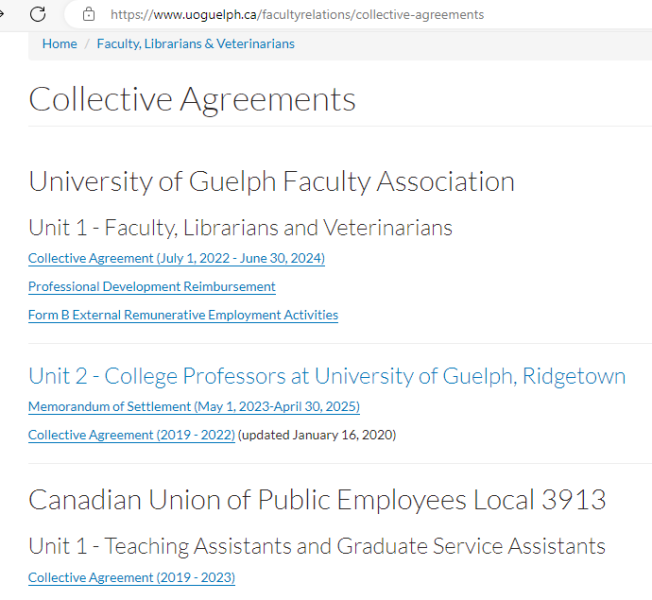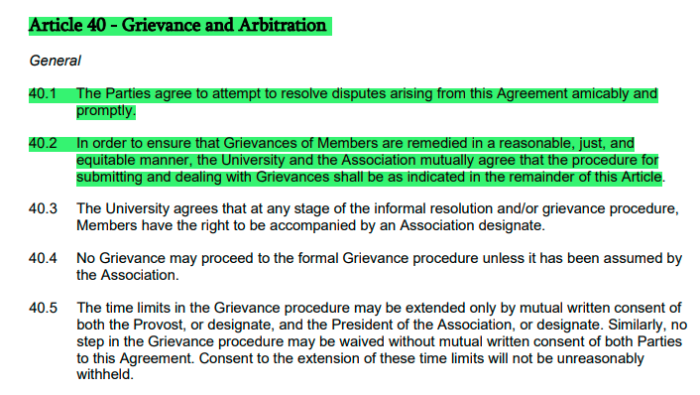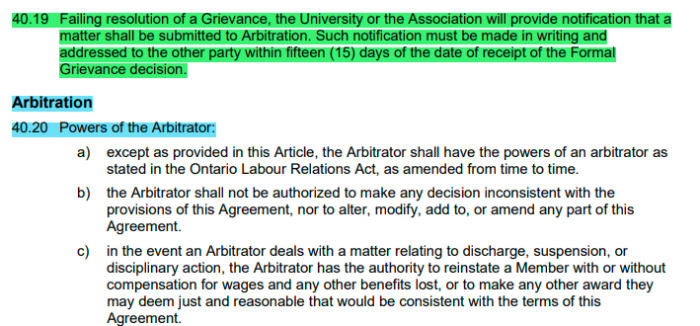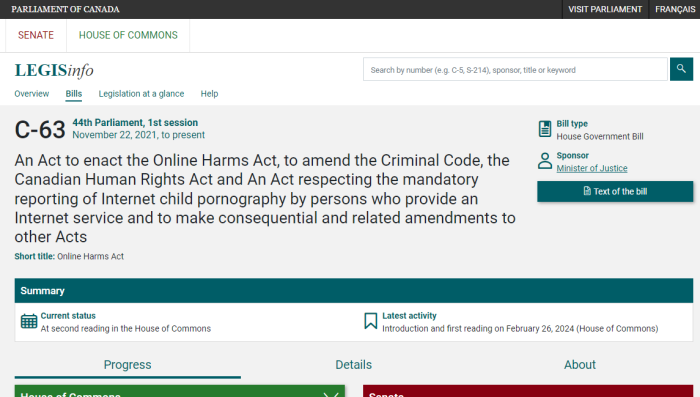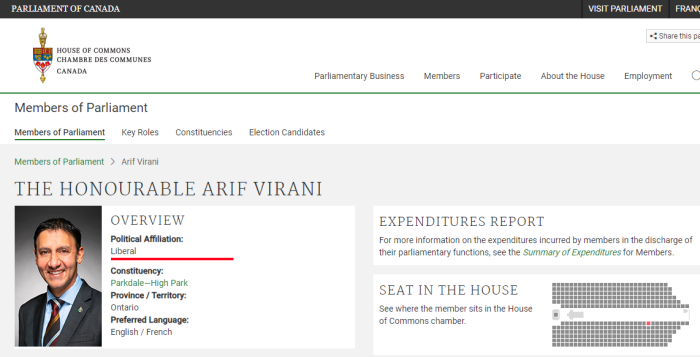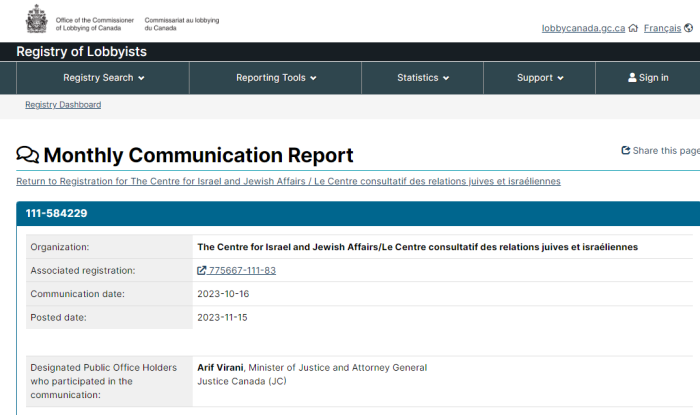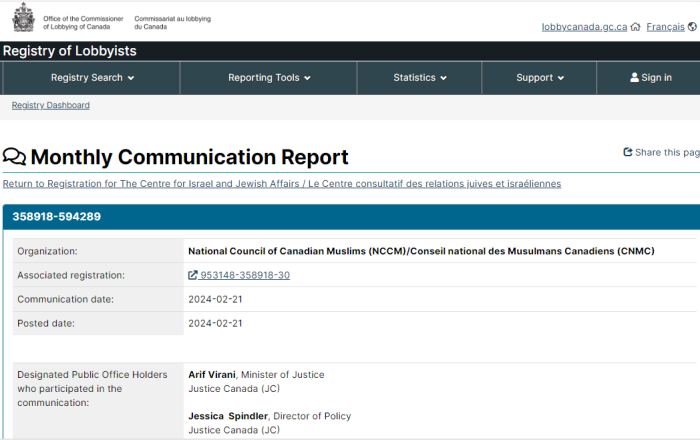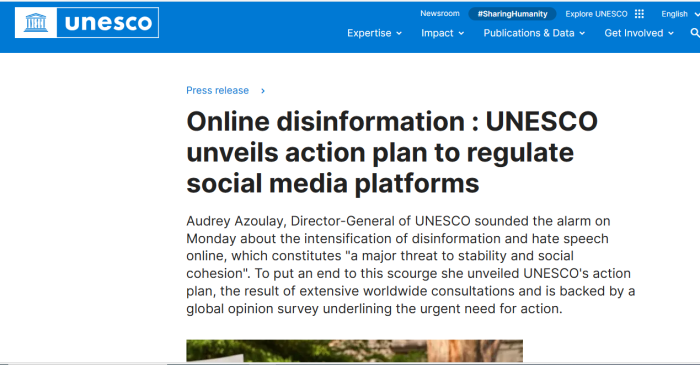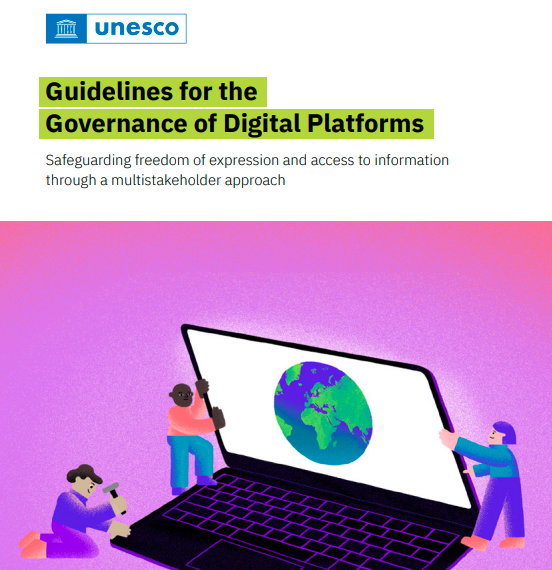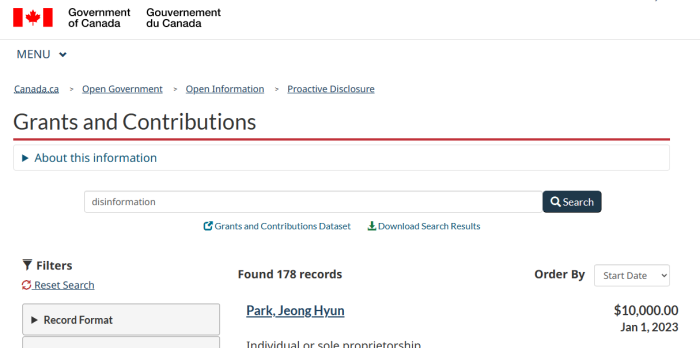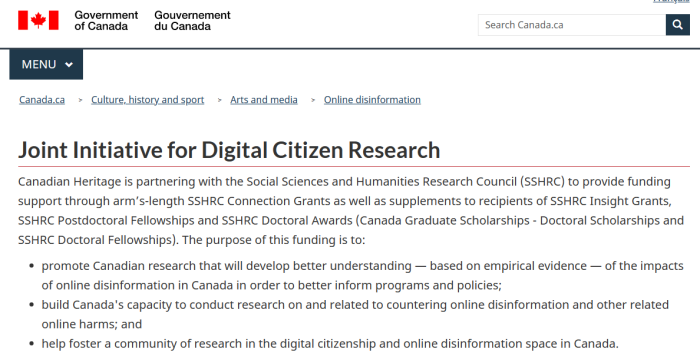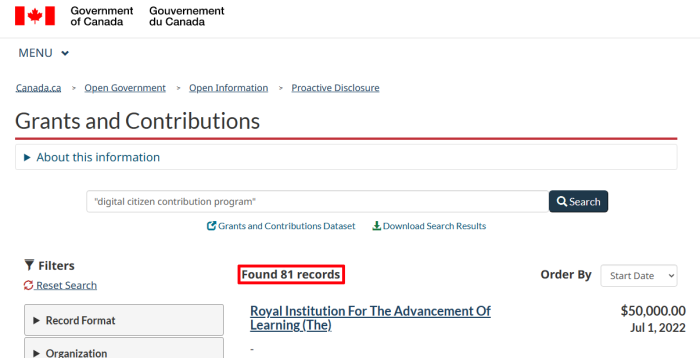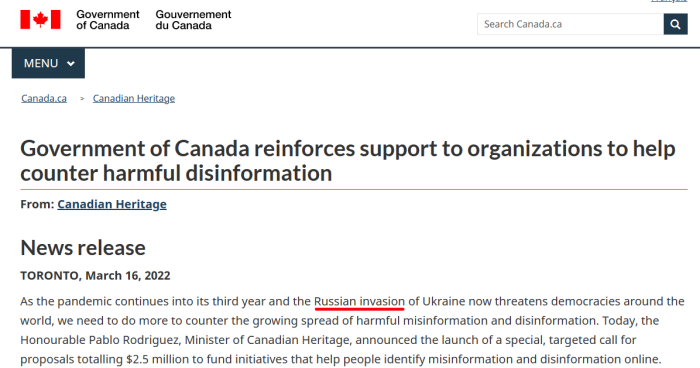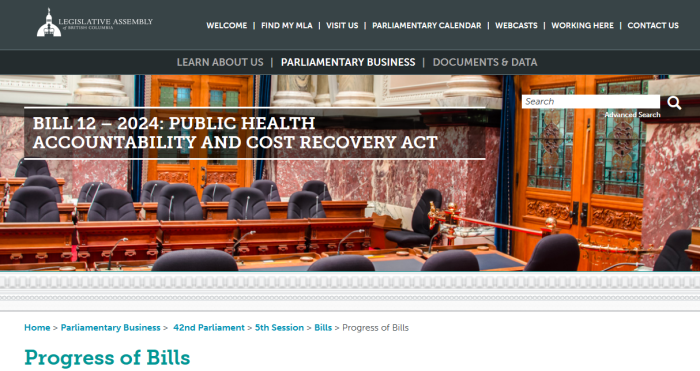
The C.B.C. recently reported that British Columbia Bill 12 (the Online Harms Act) is being paused for now. This is titled the Public Health Accountability and Cost Recovery Act. The stated reason is that social media companies like Facebook and X/Twitter have come to the table to implement their own protections.
But B.C. Premier David Eby made it clear that this may go ahead anyway, if an agreement cannot be worked out.
Other recent B.C. specific legislation includes:
Bill 23, the (Anti-White) Anti-Racism Act, and
Bill 31, domestic implementation of U.N. Sendai Framework
The stated purpose is to hold companies — such as social media outlets — accountable for medical and health care costs that arise from content they put out. An example cited is Carson Cleland, the 12 year old from Prince George, who committed suicide last October after online sextortion. It’s claimed that if platformed were properly regulated, this wouldn’t have happened.
However, it appears more likely that this is a pretext to be able to swiftly remove content the Government deems “harmful”, for whatever reason. And this is being achieved in the standard way.
- Problem
- Reaction
- Solution
The PROBLEM is that Bill 12 is crafted in such a way as to impose financially crippling penalties. No Government wants to be seen as being overtly anti-free speech. So this must be framed in a manner that appeals to public safety.
The REACTION is that companies get nervous about the fines and other costs they could be on the hook for, even if they weren’t complicit in generating the material.
The SOLUTION is that social media firms agree to “voluntarily” implement their own measures, which means complying with what the Government wanted anyway.
Now, what’s in this Bill?
Direct action by government
2 (1) The government has a direct and distinct action against a person to recover the cost of health care benefits caused or contributed to by a health-related wrong.
.
(2) For certainty,
(a) subsection (1) does not establish a right of action for any other person, and
(b) the cost of health care benefits recoverable under subsection (1) includes the cost of health care benefits in relation to the risk of disease, injury or illness.
Direct action by the government of Canada
3 (1) The government of Canada has a direct and distinct action against a person to recover the cost of health care benefits caused or contributed to by a health-related wrong.
.
(2) For certainty,
(a) subsection (1) does not establish a right of action for any other person, and
(b) the cost of health care benefits recoverable under subsection (1) includes the cost of health care benefits in relation to the risk of disease, injury or illness.
Sections 2 and 3 of the Bill specify that the B.C. (and oddly, Canadian) Governments are able to take legal action against people for health care costs in relation to “disease, injury or illness”.
Interestingly, both Sections 2 and 3 specify that the right of action — or ability to sue — is for Governments only. Private people apparently don’t have that right. Then there’s 2(6) and 3(6)
(6) If the government [of Canada seeks] in an action under subsection (1) to recover the cost of health care benefits on an aggregate basis,
(a) it is not necessary
(i) to identify particular individual benefit recipients,
(ii) to prove the cause of disease, injury or illness in any particular individual benefit recipient, or
(iii) to prove the cost of health care benefits for any particular individual benefit recipient
What this means is that while both the B.C. and Federal Governments have the right to sue to recoup health care costs, private citizens don’t. It’s also not required that they identify: (a) beneficiaries; (b) causation; or (c) analysis of health care benefits.
Apparently, companies aren’t limited to being sued once, either.
Private parties and proceedings
6 (1) It is not a defence to an action commenced by the government under section 2 (1), or by the government of Canada under section 3 (1), that a claim for a benefit recipient’s damages, alleged to have been caused or contributed to by a health-related wrong, has been adjudicated or settled.
6 (2) It is not a defence to an action commenced in respect of a benefit recipient’s claim for damages, alleged to have been caused or contributed to by a health-related wrong, that an action commenced by the government under section 2 (1), or by the government of Canada under section 3 (1), has been adjudicated or settled.
It’s a commonly accepted principle that once a dispute is resolved, that it not be rehashed in a different forum. This applies to things like union grievances and human rights complaints. But here, it’s explicitly stated that “adjudicated or settled” won’t protect from future litigation.
Section 8 gets into what evidence will be allowed. This will include “statistical information and information derived from epidemiological, sociological and other relevant studies, including information derived from sampling”. In other words, modelling will be allowed as evidence. Remember how that was used back in 2020/2021?
Section 10 states that the Statute of Limitations both for the B.C. and Federal Governments will be 15 years. This goes well above the 2 year limit that typically applies.
In any event, it’s not hard to see what social media companies are nervous about Bill 12 going ahead. It exposes them to all kinds of risks, but without really defining their responsibilities. It’s no surprise that they’re now willing to work something out to prevent this legislation from going ahead.
Another area the CBC article omitted was any explanation of who was responsible for social media companies capitulating. For that, we turn to the B.C. Lobbying Registry.
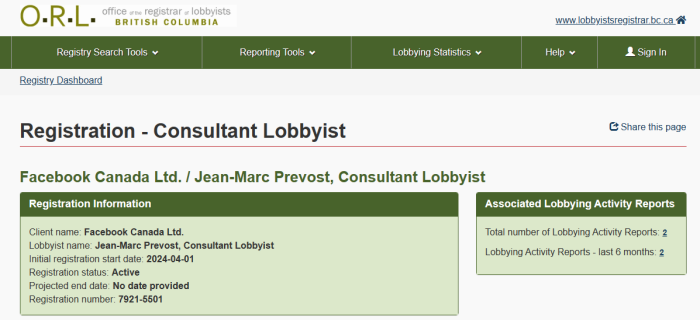
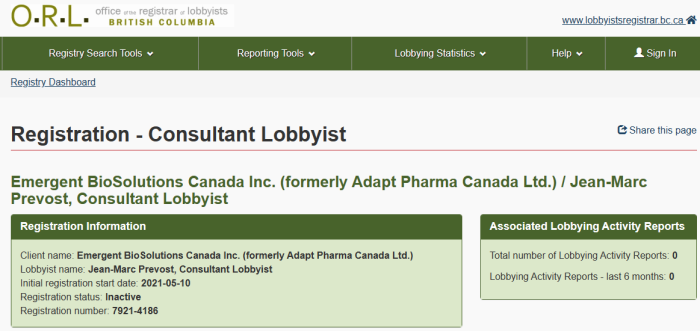
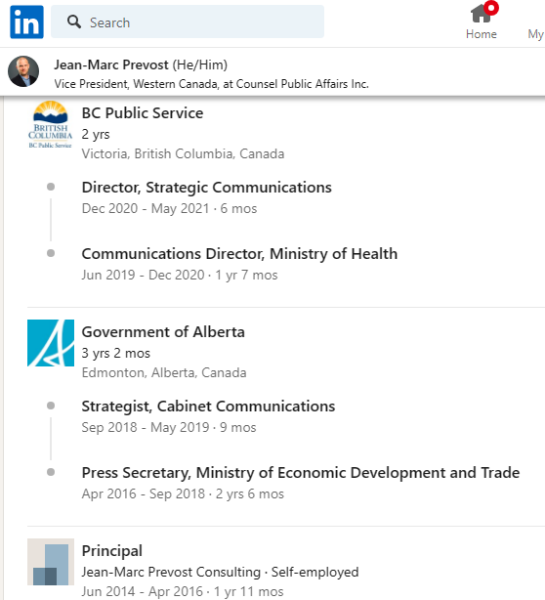
Jean-Marc Prevost is one of the people lobbying on behalf of Facebook. He’s a former staffer for BCPHO Bonnie Henry, and helped her push the injections back in 2021. To give context, he was a part of this same NDP Government, leaves, and then promptly lobbies that same Government. See Archive.
And the conflict of interest doesn’t end there. Prevost lobbied for the company Emergent BioSolutions Inc., a few years back. This is the actual manufacturer of the AstraZeneca vaccines. He had the ear of the right people at the time.
Bradley Lavigne works at Counsel Public Affairs, same as Prevost. In March, he also lobbied on behalf of Facebook. And similar to Prevost. Lavigne pushed for vaccines on behalf of Emergent BioSolutions back in 2021. He has been a CBC commentator for about 20 years, meaning he pitches his clients’ goals directly to the public. See archive. He has also been in the inside of the Federal NDP party structure going back to the days of Jack Layton.
As should be obvious: a lot of these “commentators” and “pundits” are really just paid actors, playing the role of experts. And although these actors are supposedly from different political parties, their respective firms have people on staff across the spectrum.
For more on Emergent BioSolutions, or pharma lobbying more broadly, there are many rabbit holes to go down. These examples are hardly exhaustive.

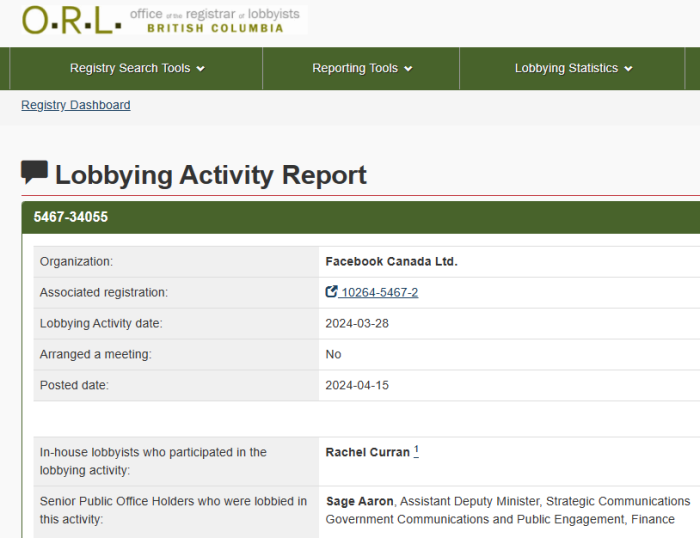
Rachel Curran also lobbied on behalf of Meta. This is important since she spent over 3 years as part of the B.C. Government, and more than 6 more working for Harper Federally. See archive. Additionally, she lists herself as a CBC commentator from 2016 to 2020. This isn’t simply a left or right issue, but one where all parties do much the same things.
- Francis LeBlanc – Chair, Former Executive Director, Canadian Association of Former Parliamentarians
- Chris Wilkins – Past Chair, CEO, Edge Interactive
- Robert Asselin, Senior Director, Public Policy, Blackberry
- Megan Beretta, Policy Analyst, Canadian Digital Service
- Rachel Curran, Public Policy Manager, Canada, Facebook
- Peter Donolo, Vice-Chairman, Hill+Knowlton Strategies Canada
- Dr. Elizabeth Dubois, Assistant Professor of Communication, University of Ottawa
- Kathleen Monk, Principal, Earnscliffe Strategies
Curren is also involved in CIVIX, which is an online “disinformation prevention” group funded by taxpayers. In fact, there are several such organizations in Canada. Some are registered as charities, receiving large tax benefits.
The name Peter Donolo should also ring a bell. He was Jean Chretien’s Chieff of Staff in the 1990s, and helped get him elected. He also worked with Michael Ignatieff and Justin Trudeau.
It’s interesting that groups that are supposed to stop disinformation also are filled with operatives from the same Governments who are impacted.
The B.C. Government was lobbied on behalf of X (formerly Twitter) with regards to Bill 12. Fernando Minna works for Capital Hill Group, and has for the past 3 years. See archive.
Capitol Hill Group is run by David Angus, who worked for former Prime Minister Brian Mulroney, and former Ontario Premier Bill Davis.
Sabrina Geremia of Google lobbied the B.C. Government as well. While she doesn’t list political involvement in her profile, at least 3 colleagues do: Lindsay Doyle, Jeanette Patell, and Semhar Tekeste.
Erin O’Toole, former CPC Leader, gets an honourable mention. Before getting into politics, he lobbied on behalf of Facebook. He worked for Heenan Blaikie, same law firm as Jean Chretien and Pierre Trudeau.
Why cover all of this?
Bill 12 seems designed to force social media companies into compliance or face crippling financial penalties. Virtually anything can “cause public health harm”, depending on how it’s worded. This legislation is written in such a way that either Victoria or Ottawa can inflict damage. But these groups are very willing to negotiate, and the lobbyists have connections to those same Governments.
If the goal all along was to compel these outlets into being willing to censor, it’s more effective to get them to do it themselves. And remember, it’s all voluntary here. Technically, no one has been forced.
Problem. Reaction. Solution.
(1) https://www.cbc.ca/news/canada/british-columbia/bc-online-harms-bill-paused-1.7182392
(2) https://www.leg.bc.ca/
(3) https://www.leg.bc.ca/parliamentary-business/legislation-debates-proceedings/42nd-parliament/5th-session/bills/progress-of-bills
(4) https://www.lobbyistsregistrar.bc.ca/
(5) https://www.lobbyistsregistrar.bc.ca/app/secure/orl/lrs/do/vwRg?cno=5501®Id=56572920
(6) https://www.lobbyistsregistrar.bc.ca/app/secure/orl/lrs/do/vwRg?cno=4186®Id=56566730
(7) https://www.linkedin.com/in/jean-marc-prevost-04830598/
(8) Jean-Marc Prevost LinkedIn Profile
(9) https://www.lobbyistsregistrar.bc.ca/app/secure/orl/lrs/do/cmmLgPblcVw?comlogId=34073
(10) https://www.lobbyistsregistrar.bc.ca/app/secure/orl/lrs/do/vwRg?cno=1334®Id=56559236&blnk=1
(11) https://www.linkedin.com/in/brad-lavigne-a0927a39/
(12) Brad Lavigne LinkedIn Profile
(13) https://www.lobbyistsregistrar.bc.ca/app/secure/orl/lrs/do/cmmLgPblcVw?comlogId=34055
(14) https://www.linkedin.com/in/rachel-curran-a99258109/details/experience/
(15) Rachel Curran LinkedIn Profile
(16) https://www.lobbyistsregistrar.bc.ca/app/secure/orl/lrs/do/vwRg?cno=5460®Id=56572569&blnk=1
(17) https://www.linkedin.com/in/fernandominna/
(18) Fernando Minna LinkedIn Profile
(19) https://www.lobbyistsregistrar.bc.ca/app/secure/orl/lrs/do/vwRg?cno=3536®Id=56568880
(20) https://www.linkedin.com/in/sabrina-geremia-028644/
(21) https://lobbycanada.gc.ca/app/secure/ocl/lrs/do/vwRg?cno=16607®Id=948142
(22) https://lobbycanada.gc.ca/app/secure/ocl/lrs/do/vwRg?cno=288445®Id=668908

